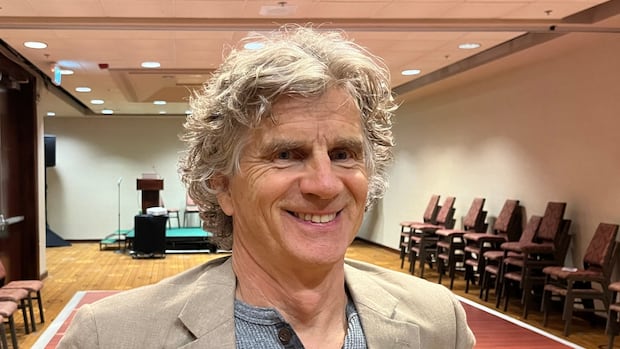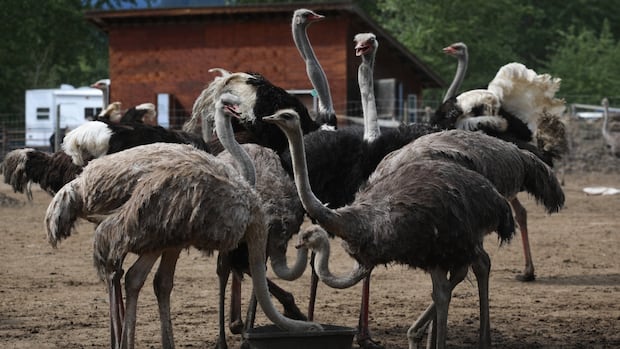The environmental activist probably best remembered for leading the fight to clean up the infamous Sydney tar ponds in Nova Scotia has died.
Bruno Marcocchio, who believed the remnants of the steel industry in Cape Breton were a danger to people’s health and safety, died of cancer on Wednesday, according to family.
He was 75.
Elizabeth May, the federal Green Party leader, was executive director of the Sierra Club of Canada and worked with Marcocchio, who was Atlantic conservation director for the environmental organization.
May said their work started before the tar ponds battle, fighting herbicide spraying and Agent Orange in the 1980s.
But for much of the following two decades, Marcocchio was front and centre carrying signs and speaking out at public meetings, pushing for federal remediation of the tar ponds — a toxic, sludge-laden portion of Muggah Creek that contained waste from the coking process that hardened coal for steelmaking.
“Bruno’s work was really meaningful and important in continuing to fight for a real cleanup,” May said.
After years of wrangling, the federal government approved a $400-million solidification and stabilization process that included mixing concrete into the sludge, encapsulating the toxins.
The area was then covered with topsoil and grass and is now known as Open Hearth Park.
May said the process was not a real cleanup, but a coverup.
She said Marcocchio was uncompromising and selfless in his drive to raise awareness of the dangers to people’s health from having toxic waste in the middle of a community.
“He wasn’t the only one who knew it, but he was very effective in giving voice to it,” she said.
Marcocchio was arrested in 2001 during a public meeting in Sydney where the federal government was delivering the results of soil testing in the Whitney Pier neighbourhood next to the tar ponds.
“I think his legacy is one that shows one person can make a huge difference,” May said.
“One voice makes a difference, and even if that voice is occasionally being hauled out of meetings … more than ever, we need more Bruno Marcocchios in this world.”

May said she and Marcocchio weren’t just colleagues, but close friends. She was also close with Marcocchio’s wife, Roberta Bruce, who died in 1992 from cancer.
Neal Marcocchio said his mother’s death played a part in his father’s motivation.
“With the Sydney tar ponds, probably losing his wife at a young age was a big factor in him being concerned about the health and safety in Cape Breton with the cleanup and people’s health history,” he said.
His father also opposed oil and gas exploration off western Cape Breton in 2003 and fought for environmental protections for the proposed liquefied natural gas plant in the Strait of Canso in 2006 and the Muskrat Falls hydroelectric project in 2012.
Marcocchio said he was proud that his father had the courage of his convictions, but said he was also a great hockey dad.
Last battle: cancer
“He gave me a ton of good advice,” Marcocchio said. “He was so helpful and like I had to be accountable in sports and work hard and follow directions.”
Marcocchio said his father battled cancer for the last seven years, showing the same strength he displayed in his career fighting for the environment.
Bruno Marcocchio’s daughter, Sara Bruce-Marcocchio, said even though her father was a single parent, she fondly remembers cross-Canada family camping trips.
“Dad was an amazing father,” she said. “He never skipped a beat and raised us on his own.”
An obituary with details of a celebration of life is expected to be published next week.
MORE TOP STORIES







